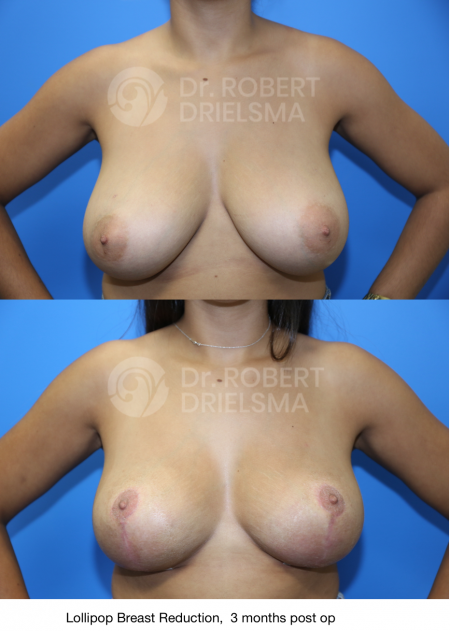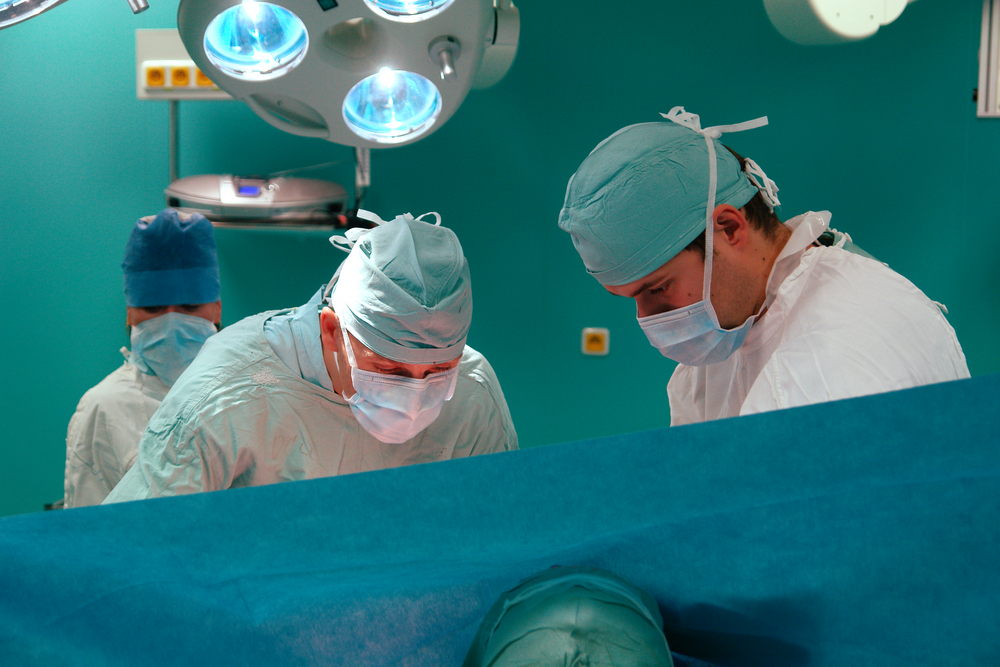For women with large breasts, a breast reduction procedure can help alleviate years of pain and discomfort. Larger breasts mean you are carrying extra weight on your chest, resulting in shoulder, neck and back pain. This can result in a “knock on” effect, that causes pain, discomfort and restrictions in your daily life.
However, if you’re looking to get a breast reduction, there may be some things to prepare for. So here is our list of the top 7 things to consider before your breast reduction.
1: You May Need to Lose Weight Before Your Breast Reduction
As many women know, as your weight fluctuates, so can the size of your breasts. If you are overweight, your plastic surgeon may ask you to lose weight before your breast reduction. It is always best to be at your ideal weight before surgery, as you have a better chance of loving your results.
If you gain weight again after your breast reduction surgery, this may also impact your results and could even require a second reduction in the future. This is why specialist surgeons, like Dr Drielsma, recommend patients reach a healthy, stable weight that they can maintain, before seeking surgery.

2: You Will Need at Least 2 to 3 Weeks Recovery
All surgery requires recovery time, and breast reduction is no different. As a result, you will need to organise at least 2 weeks off work to recover. You may need longer off work if your job requires heavy lifting. During recovery, you will experience soreness for a while, and you may be unable to do some tasks like lifting and bending.
Many surgeons recommend you have someone stay with you, if you live alone, for a few days to help you around the house. You will need help with general activities like shopping, cleaning and looking after children. Further, you will need to wear a post-surgery bra for 4 to 6 weeks, day and night.
In terms of getting back to normal physical routine, especially going to the gym and strenuous exercise, you will need to wait 6 weeks post after surgery.

3: Breast Reduction Can Impact Your Ability to Breastfeed
Any breast surgery can impact your ability to breastfeed in the future. Breast reduction can also impact your breastfeeding ability. This is due to the fact that, during a reduction, a significant amount of breast tissue is removed, and the remaining breast tissue may be disconnected from the nipple. This applies to all breast reductions, regardless of who does it or how it is done. As a result, your functional milk producing glands are reduced, which will lower milk production. It is also important to remember that many women with very large breasts can struggle to breastfeed or cannot breastfeed at all, regardless of whether they had surgery or not.
Further, pregnancy can cause the breasts to enlarge again, which might require another surgery.
As such, your surgeon will discuss with you timing of breast reduction in terms of the symptoms and problems you are having and your plans to have a family and desires to breast feed. Everyone is different and your surgeon explain to you the pros and cons of breast reduction and your ultimate decision of when having your breast reduction is right for you.
4: Nipple Sensation May Be Altered
There are risks with all types of surgery. This includes breast reduction. In the case of breast reduction surgery, nipple sensation may be decreased after your procedure. This is typically more noticed in the first few months after surgery but improves as bruised nerves recover. However, it can be expected there will be some permanent change in nipple sensation, which could vary from very minor to, rarely, noticeable numbness.
Your specialist surgeon will discuss all risks with you during your consultation.
5: You May Need to Stop Some Medications
One of the things to consider before a breast reduction is your medications, if you are on any. In order to have a safe operation and recovery, you may be asked to stop certain medications. Some medications you may take every day can causes issues with the anaesthetic, increase bleeding or prevent necessary healing. You will need to discuss with your surgeon what medications to stop and when you can continue your medications again.
6: You Will Need to Stop Smoking
Smoking is not only dangerous to your health, but it is also dangerous during surgery and recovery. It can cause issues during surgery but can also prevent proper healing and scarring. Smoking can cause issues with your heart and lungs, which could result in you having breathing issues during or after surgery. This also puts you at greater risk of developing pneumonia. You are also at greater risk of a heart attack during or after surgery if you smoke.
Smoking also reduces blood flow, which will slow your healing time. It also means you are more likely to suffer from an infection during recovery. You will need to stop smoking before surgery and it is highly recommended that you do not smoke again after surgery.

7: Breast Reduction is Painful but Not Unbearable
As we said before, you will experience soreness after surgery. For at least the first few days, you will find that your breasts are sore. However, the soreness should be bearable, and your surgeon will provide you with painkillers and pain management strategies. It is also important to remember that every patient is different. You may not experience much pain at all, or your soreness could extend for a week or so. Your specialist surgeon will discuss this with you and will be available to give advice and assistance during recovery.
If you liked reading our 7 Things to Consider Before A Breast Reduction and you are looking for a breast reduction consultation, contact us today! Dr Drielsma will be happy to help you, today!
